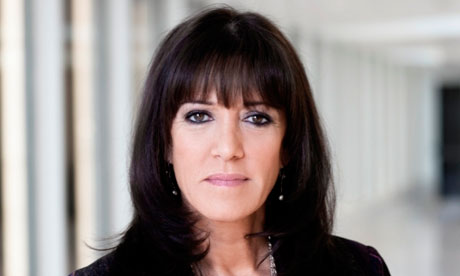A bad week for women in business
Barely a week goes by without a rallying cry for more women in business leadership roles. Clearly great strides have been made but there is still much to do.
Last week was a poor one for senior women in the publishing industry when two of its most powerful women, Dame Gail Rebuck (who has run the UK arm of Random House since 1991) and Victoria Barnsley (CEO, Harper Collins) stepped down from their roles. That leaves just one remaining, Ursula Mackenzie at Little Brown. Admittedly Rebuck will chair Penguin Random House UK, but it’s Tom Weldon, the UK chief executive of Penguin, who will take over as chief executive of the enlarged UK operation following last week’s merger of Bertelsmann-owned Random House and Pearson-owned Penguin to create the world’s biggest publisher with control of more than 25% of the global market.
Talking to Jenni Murray on Women’s Hour last Friday, Victoria Barnsley suggested that an industry that has traditionally attracted women to its ranks and a good number in senior roles, might see this female bias change. Barnsley explained that as technology has revolutionised the business of books, it might well be that the growing focus on technology at the heart of the business will play less well to female strengths and ways of working.
Now, I’m not normally one to pay much heed to traditional gender roles in the workplace, but if Victoria Barnsley is right – and one would imagine she has excellent insight, having witnessed a complete and utter disruption of her industry’s business model – then that has worrying implications for women in business more broadly. If technology proves to be yet another barrier to women making it to the top, then that really is something to be concerned about given that technology is now more or less ubiquitous

